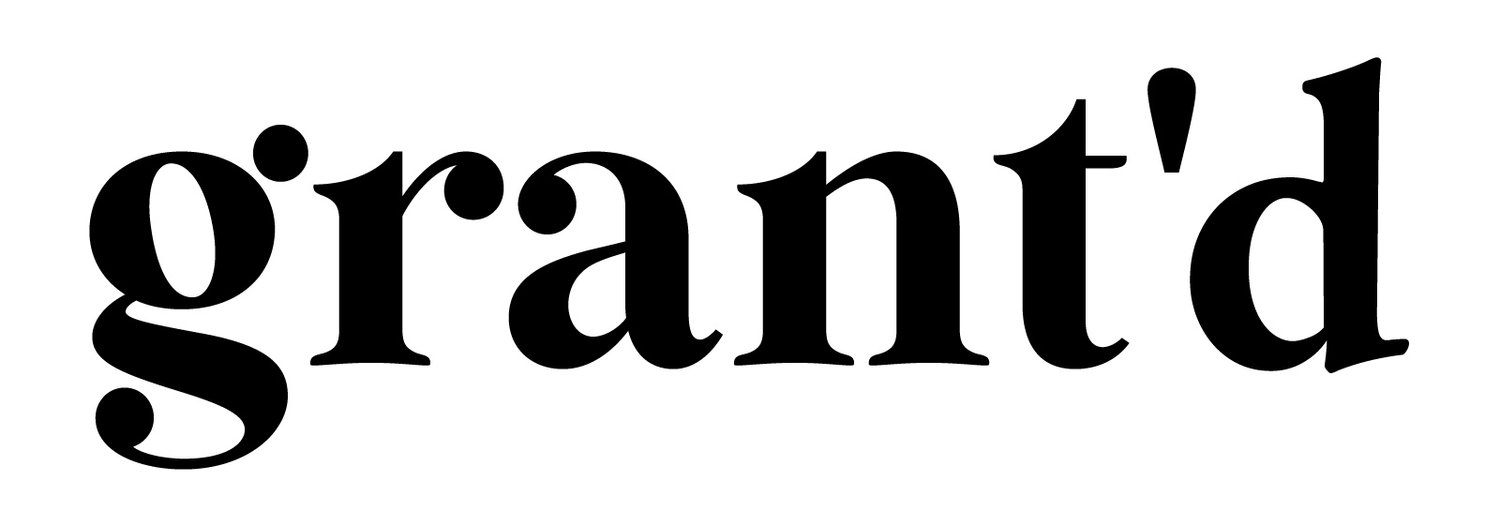The death of George Floyd and the protests that are now gathering momentum across the globe have ignited a wave of transformative social change – a wave of change that we all must now ride together whether it be with hope, trepidation or pure determination.
Although some will wonder why Australians are so invested in Black Lives Matter movement given the differences between the histories of black people in America and our First Nations people, the thematic issues behind both movements are by and large the same. Both have experienced historical dispossession, dislocation, and disenfranchisement. Both are grossly overrepresented in incarceration, early death, and suicide rates. And their health and life expectancies are also disproportionate to those of the population at large.
These are the very same people living next to and amongst us – and this is exactly why the Black Lives Matter movement is resonating in the hearts of so many, with the voices of activists now climbing to a crescendo across the globe.
But even as we work together to understand and resolve these shared themes, we must continue to acknowledge that the unique history of each country profoundly impacts upon how equality and reconciliation can be achieved in each context. In reflecting upon our decades long fight to Close The Gap and the heavily loaded history experienced by our First Nations people, it is clear that our path to reconciliation in Australia is fraught with complex political and socio-cultural barriers that cannot be easily overcome or compensated for.
With the voices of activists gaining traction on both the national and global stages, our collective potential for achieving meaningful and transformative change is now more than ever.
In these times then, we must accept the responsibility to firmly stand ready to listen to, learn from, and action the calls for meaningful change no matter how challenging or confronting we may find the task.
Here are some resources that will help you build a deeper understanding of those who came before us, and discover how you can make your voices count in their fight for equality and reconciliation both at home and abroad:
Read…
Me and White Supremacy: How to Check Your White Privilege: A new way of viewing ourselves and our positioning in the world
Aboriginals in Custody: Over 430 Indigenous Australians have died in custody since the Royal Commission handed down its findings
Why Black Lives Matter: The concept of Black Lives Matter against the backdrop of all lives matter.
Listen…
How to be an Antiracist: Bene Brown with Ibram X. Kendi
Not True Blue, True Blak: Uncle Jack Charles
Always Was, Always Will Be Our Stories: Marlee Silva
Watch…
The Rabbit Proof Fence (2002): Based on the true story of three Indigenous girls who were taken from their families under the same government policies that resulted in the Stolen Generation.
When They See Us (2019): Based on the true story of five teens from Harlem who were falsely accused of a brutal attack in Central Park. Available on Netflix.
Action…
Inspire Action Class: Learn how you can inspire action in others through both your conversations and writing
Taking your activism beyond your keyboard: Tips for how you can take action including Indigenous organisations and businesses that you can support.
Reconciliation Week - Stay up to date on reconciliation and know how you can keep the conversation going.
Black Lives Matter. Cardd - Started by a 17 year old in between school, this platform is a hub of information and resources on how you can donate, protest, educate and so much more on the movement that is BLM
No matter how uncomfortable or challenging we may find these times, the dialogues being ignited by the Black Lives Matter movement and amplified by our National Reconciliation Week are without doubt conversations that we must have with both ourselves and those around us.
Because every voice can and will matter in achieving our shared dream of a united, compassionate and inclusive Australia.
Photo credit - New York Times

